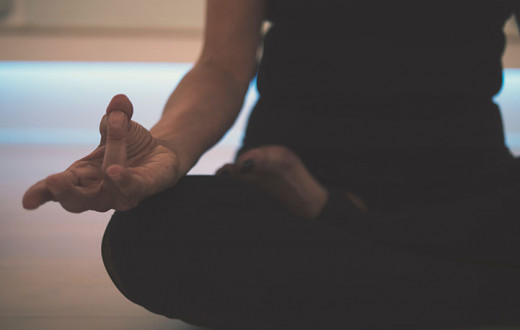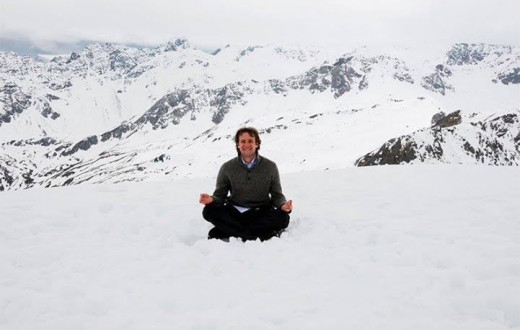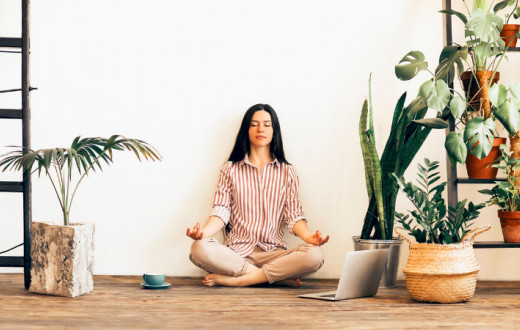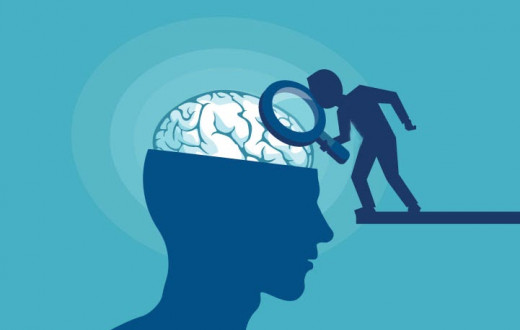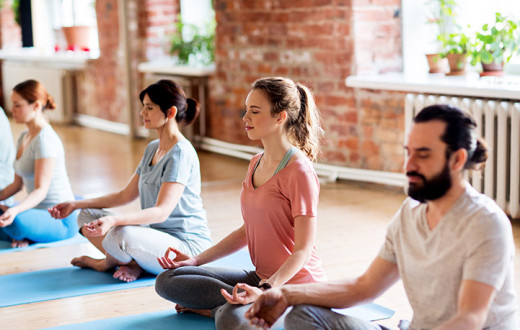
Do you have trouble falling asleep? Or perhaps you go to bed early and do fall asleep—no problem—but have trouble sleeping soundly? The good news is there are solutions to help you optimize your sleep cycle and overcome disrupted sleep.
What’s causing you to wake up in the middle of the night?

Sometimes the solution to why you are waking up in the middle of the night is in knowing what is causing the problem. Here are a few questions to help you figure out what might be contributing to your interrupted sleep.
Are you consuming caffeine after 4 pm?
Are you working late or more hours than usual?
Are you napping during the day?
Are you using screens past 9 pm?
Are you experiencing any major changes in your life right now?
Are you feeling more stressed than usual?
If you said “Yes” to any of these questions then you are in the right place to find help! If, however, you only had no’s, then it would be good to see a sleep medicine specialist and rule out having a medical condition that may be causing your sleep issues.
Let’s cover some easy solutions to help you fall asleep (and stay asleep!)
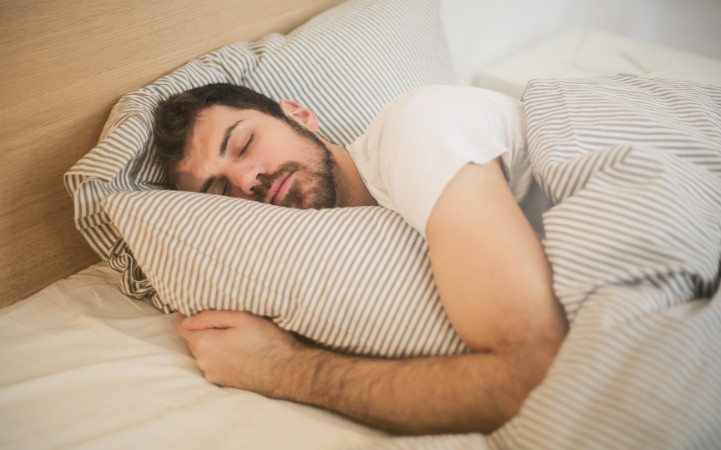
Falling asleep: The importance of preparation
We prepare for work, for playing a sport, for our meals, for retirement, and so many other things. But many of us don’t really prepare for sleeping besides maybe brushing our teeth and washing our face before going to bed.
Preparing for a good night’s sleep really starts in the afternoon.
Resisting taking that mid-afternoon nap might help you stay asleep at night. The same is true for that late-in-the-day caffeine consumption. Sleep experts say it can take up to 10 hours for caffeine to completely clear from your bloodstream!
Resist these afternoon temptations and you could see significant improvements in the quality of your sleep.

How else can you prepare for sleep? Perhaps you have heard of sleep hygiene? Here are a few things you can do to better prepare yourself for a good night's rest.
Make sure you are exposed to natural light during the day
Practice breathwork and meditation to reduce stress
Keep a regular bedtime routine by going to bed at the same time every night
Keep your bedroom for sleep just for sleep (not work)
Take a warm shower before bed
Keep your bedroom cool, dark, and quiet
Worried about that mid-afternoon slump? Read on!
What plays a major role in trouble sleeping?
Do you remember a time when the sun would go down and there was nothing to do but unwind? These days it seems like we work more hours and later hours than ever before. It’s a go, go, go world! The mind and body need a little time to slow down after going at top speeds all day.
Taking a walk in nature before or after dinner will greatly help your mind and body to gently apply the brakes so it’s easier to fall asleep a few hours later.
The curse of blue light

We also spend more and more time on screens, for work and even unwinding. Or at least we think we are unwinding.
Cell phones in particular emit blue light, which messes with your body’s ability to prepare for sleep because it affects your melatonin levels. Melatonin is the hormone that makes you feel sleepy and even helps you stay asleep.
As relaxing as scrolling social media might seem, there are better ways to slow and prepare for sleep. Instead of using electronic devices before bed, try reading a book or listening to relaxing music.
You’re wide awake, now what?

We all know that moment when we realize we are wide awake and unlikely to easily fall back asleep. If we could just feel drowsy for a few moments we would be able to once again sleep soundly! Rather than tossing and turning there are some things you can do right from bed.
First, let’s cover a few don’t do from bed tips:
Don’t check the time. Clock watching will not help you feel drowsy
Don’t turn on the lights. Your body might think it is morning
Don’t check your cell phone. Don’t check your cell phone. No matter how tempting it is, do not check your cell phone!
Don’t turn on the television. T.V.s also emit blue light which will only make it more difficult to get back to sleep
Don’t wrestle with your sheets. Being still and lying flat on your back, or on your left side makes it easier for you to get back to sleep
Don’t engage with your thoughts. In other words, don’t rehash what happened in the past, and don’t plan your future vacation. Just let your thoughts float away!
Now for the “do this from bed” tips:
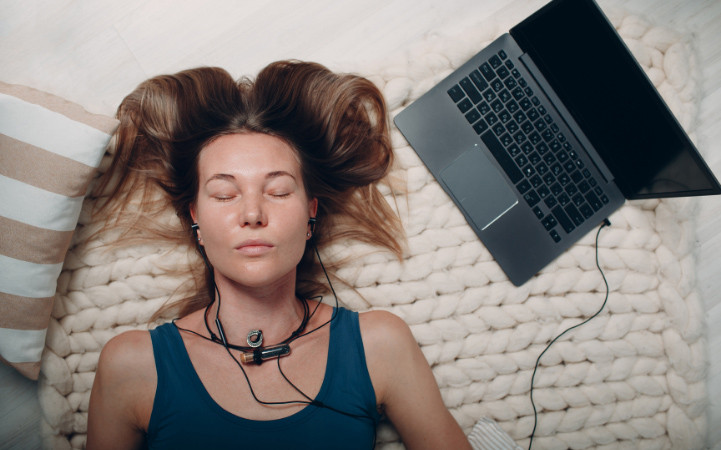
Slow breathing which is also deep breathing can help us feel more tired. After a few minutes of deep breaths, you might find yourself yawning and drifting back to sleep
Count backward starting at 100. You will likely bore yourself back to sleep
Listen to relaxing music on the lowest volume possible. The effort to hear will help you drift off.
Try a guided sleep meditation.
Try progressive muscle relaxation, aka Yoga Nidra, or yogic sleep. Guided or self-guided, this body scan is wonderful for reducing stress. You can also use this technique for that mid-afternoon slump. Try it out to see for yourself
Progressive muscle relaxation
Help for sleepless nights in the long-term
Want to get a good night’s sleep without the do’s and don’ts? SKY Breath Meditation is an easy daily practice that can make a difference in the quality of your whole life, including sleep. Especially when stress and similar imbalances are a factor, SKY brings balance to your mind and body. Overall, SKY practitioners experience enhanced deep sleep. Can I get an “Ahhhhhh!”?
You can learn more about SKY Breath Meditation for reduced stress and enhanced deep sleep by attending a free introductory session. Just click below to choose your time and day!
If you’re experiencing chronic insomnia please seek treatment from your healthcare professional.




